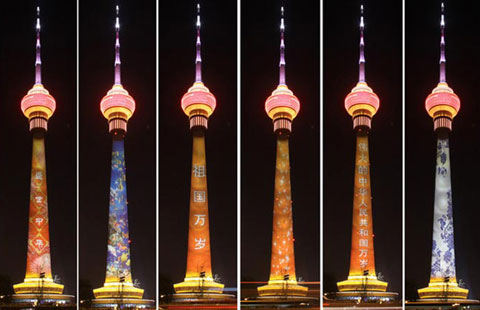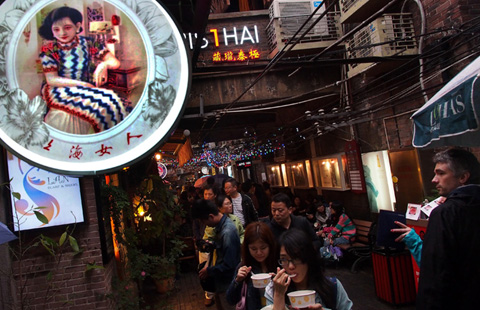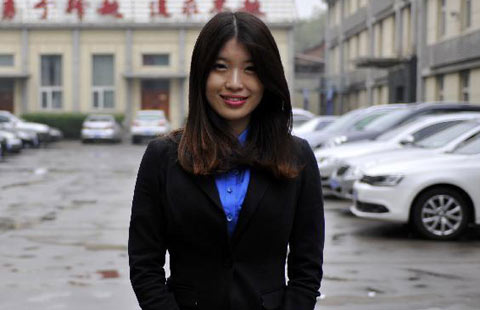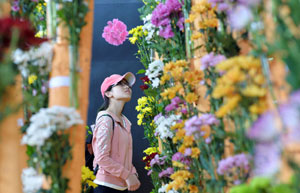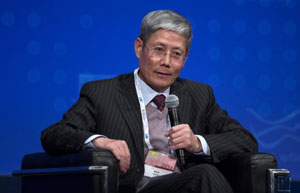Baijiu: from toasting profit to cutting prices
By Qiu Bo and Zhao Kai (China Daily) Updated: 2014-04-30 07:35After President Xi Jinping took office in 2013, China's new leaderhip embarked on a campaign to eradicate corruption and cut extravagant spending.
To clear out inventory, the bigger baijiu dealers drastically reduced prices.
"They would rather sacrifice rebates from baijiu manufacturers than risk losing sales," according to Liu Feng, a baijiu dealer in Suzhou, Jiangsu province.
|
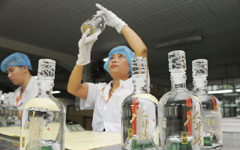 |
|
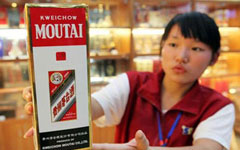 |
One of 28-year-old Han Ye's businesses was to distribute high-end liquors to State-owned enterprises in Beijing, but recently he quit and turned to religion-related gifts.
"If the market is gone, you must explore new ways to survive," he said.
But some dealers, like 38-year-old Chen Xiaoyong, are finding ways to stay in the industry.
Now that high-end baijiu is no longer being ordered by government units, Chen has turned to selling more medium-priced and low-end liquors, which are still popular with consumers.
In 2013, sales revenue for high-end liquor showed a year-on-year decrease of 63.56 percent, while medium and low-end brands grew by 15.77 percent compared with the previous year, according to the China Alcoholic Drinks Association.
"Lacking government purchases generated more transparency in baijiu's actual price, which is more accepted by general consumers," Chen said.
A better solution for baijiu dealers is to stop thinking about "serving the bigwigs" and try to satisfy the majority of consumers, said Xia Linlin, an expert in the industry.
"Baijiu producers should not simply put sales over efforts in product research and customer service," said Shen Yifang, former head of Jiangsu province's distilling association.
"If baijiu is not produced to meet the market's requirement, the industry won't survive."
- Li calls for west China to welcome new firms
- China's farmers feel deflationary chill
- Shanghai Pudong Development Bank to sell preference shares
- China acts on dumping of TBHQ imports
- Changing face of Chinese worker
- China Vanke posts first profit decline in 12 years
- China's home prices, sales expected to stabilize
- Chinese official briefs on new trademark law
